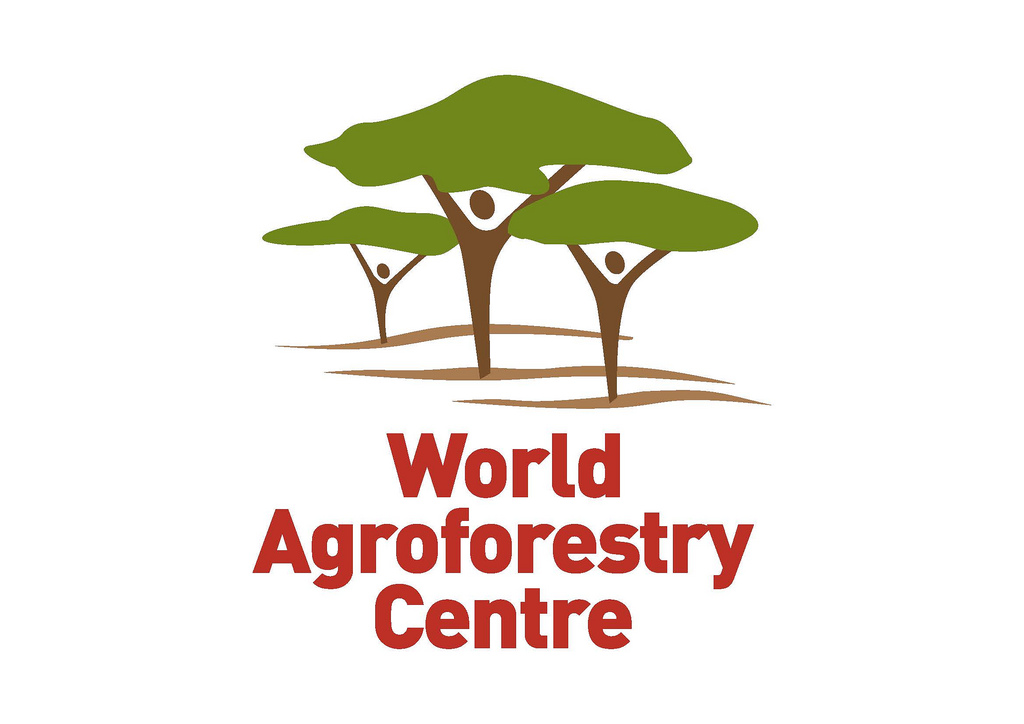Location
The World Agroforestry Centre (ICRAF) is a CGIAR Consortium Research Centre. ICRAF’s headquarters are in Nairobi, Kenya, with six regional offices located in Cameroon, China, India, Indonesia, Kenya and Peru.
The Centre’s vision is a rural transformation throughout the tropics as smallholder households increase their use of trees in agricultural landscapes to improve their food security, nutrition security, income, health, shelter, social cohesion, energy resources and environmental sustainability.
ICRAF's mission is to generate science-based knowledge about the diverse benefits - both direct and indirect - of agroforestry, or trees in farming systems and landscapes, and to disseminate this knowledge to develop policy options and promote policies and practices that improve livelihoods and benefit the environment.
The World Agroforestry Centre is guided by the broad development challenges pursued by the CGIAR. These include poverty alleviation that entails enhanced food security and health, improved productivity with lower environmental and social costs, and resilience in the face of climate change and other external shocks.
ICRAF's work also addresses many of the issues being tackled by the Sustainable Development Goals (SDGs) that aim to eradicate hunger, reduce poverty, provide affordable and clean energy, protect life on land and combat climate change.
Members:
Resources
Displaying 11 - 15 of 146Agroforestry for climate-resilient landscapes
RECOFTC, in partnership with ICRAF, has developed a regional training manual on agroforestry for climate-resilient landscapes with the objective to train future extensionists and practitioners working on agroforestry. To ensure the efficacy of the manual, each training sessions has been tested with a range of audiences at national and international levels. These include mid-level government officers, NGO staff and academics from Thailand, Myanmar and Viet Nam.
Agroforestry for climate-resilient landscapes
RECOFTC, in partnership with ICRAF, has developed a regional training manual on agroforestry for climate-resilient landscapes with the objective to train future extensionists and practitioners working on agroforestry. To ensure the efficacy of the manual, each training sessions has been tested with a range of audiences at national and international levels. These include mid-level government officers, NGO staff and academics from Thailand, Myanmar and Viet Nam.
Agroforestry for climate-resilient landscapes
RECOFTC, in partnership with ICRAF, has developed a regional training manual on agroforestry for climate-resilient landscapes with the objective to train future extensionists and practitioners working on agroforestry. To ensure the efficacy of the manual, each training sessions has been tested with a range of audiences at national and international levels. These include mid-level government officers, NGO staff and academics from Thailand, Myanmar and Viet Nam.
Indonesia's forest conversion moratorium assessed with an agent-based model of Land-Use Change and Ecosystem Services (LUCES)
ASEAN Guidelines for Agroforestry Development
Developed by ICRAF as part of the ASFCC program, these guidelines were adopted by AMAF in October 2018 and seek to provide technical support to ASEAN Member States pursuing agroforestry development.




